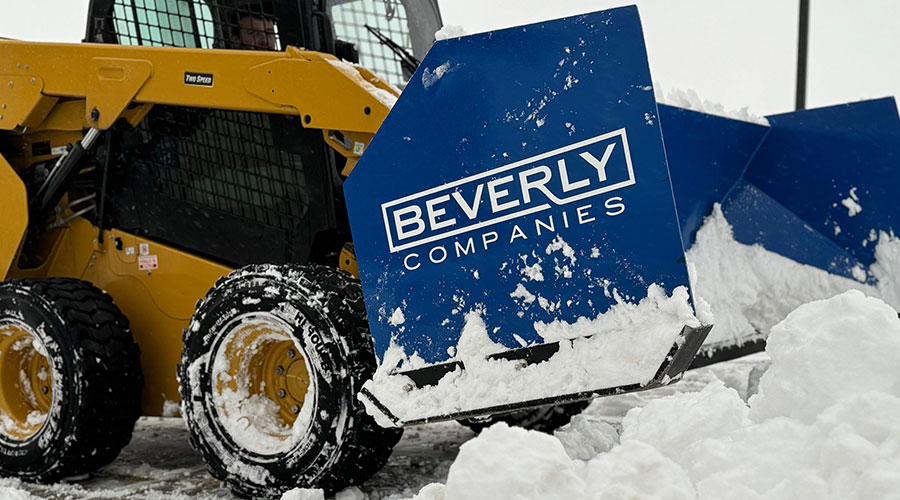Follow Manufacturer's, Warranty Guidelines to Extend Mower Shelf Life
To help maintain mowers' reliability and extend performance life, managers and operators should always follow the manufacturer's guidelines and never try to keep equipment past their warranty periods. Manufacturers are experts in determining the shelf life of a mower, but in some cases, managers believe that there is still life left in their mowers, and they try to use them past their warranties.
In doing so, they put themselves at greater risk for expensive repairs and operators at greater risk for injury. To minimize this threat, many managers choose to lease lawn mowers and trade them in for new equipment once the lease is up. Leases typically reflect warranty periods, so if a manager chooses to buy the mower once the lease is up, the dealer might offer a better deal than if buying a brand new mower.
To extend mower performance life, mechanics and operators should create a monthly equipment schedule check. In addition to following the manufacturer's warranty guidelines, it also is imperative to follow maintenance schedules to ensure maximum performance life. After buying a mower, managers should read the operator's manual and share it with fleet operators so they also understand the mowers' needs.
Next, set up a monthly maintenance schedule to assess parts that need tune-ups. Mowers need regular oil, fuel filter, and oil filter changes. Making sure to wash grease off the mower also is important to maintaining its operation. Mechanics also should routinely check any loose nuts or bolts that need tightening and change and sharpen mower blades. The owner's manual provides an appropriate timeline of necessary maintenance checks.
When it comes to major mower components — the engine, for example — departments should leave service to the manufacturer. Most people would not try to maintain their own car's engine. The same logic applies to the advanced technology of mowers. Today's mowers have become high-tech and complicated. They have higher-efficiency engines and more parts, making them more difficult to repair. Taking the mower to the dealer will also avoid any additional costs resulting from further damage to the engine.
For managers committed to extending performance life, worrying about tracking equipment usage is no longer an issue because most mowers have built-in hour meters. But managers still must regularly document data from meters. Creating a consistent documentation system helps keep information organized and accurate.
Depending on the amount of equipment and the property's size, managers might consider looking into equipment software to better keep track of use. Others with smaller landscapes and less equipment can use a spreadsheet or notebook to update information.
Related Topics:















